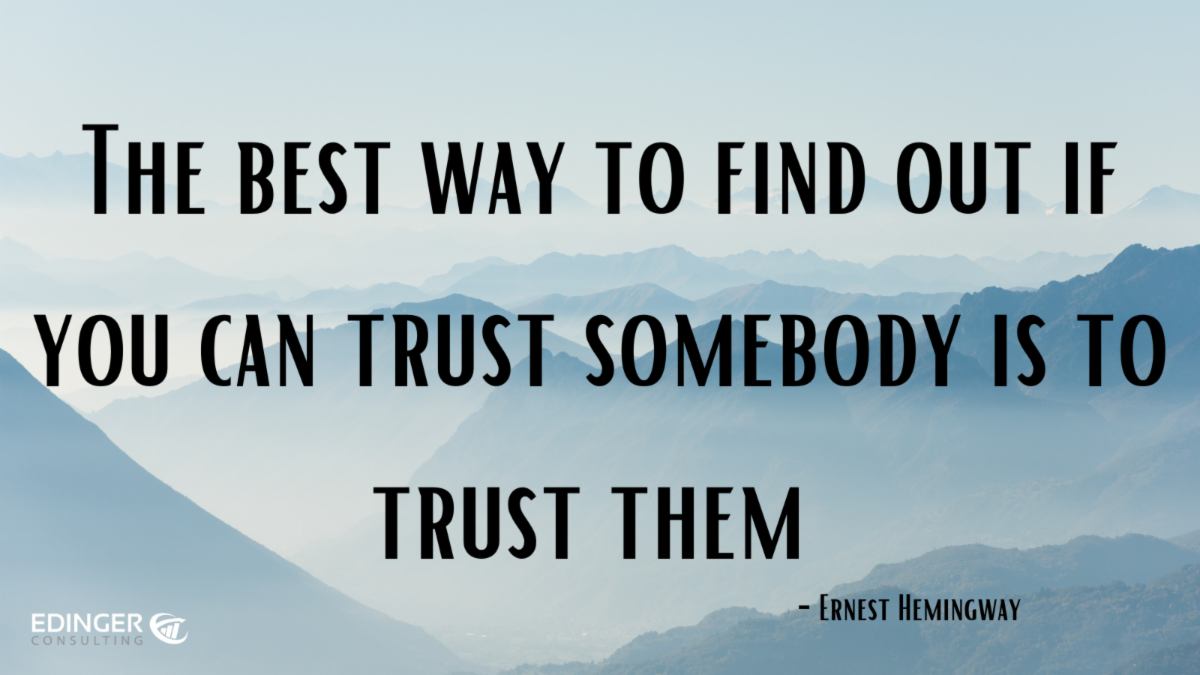
December 2, 2021
The Sales Experience as a Strategic Imperative
I’ve been working with a client that has done impressive work on the customer experience. But not much on the sales experience. As they considered their growth strategy, we worked together on both the customer and sales experience. This is an important shift for the business as their go to market strategy includes differentiation and value both in WHAT they provide (products and services) and HOW they provide it (sales and customer experience.)
The sales experience rarely gets attention while time and resources are poured into the customer experience. But if the sales experience isn’t a good one, prospects won’t become customers, rendering the customer experience useless. As I said in this Harvard Business Review whitepaper, “The sales experience is the first mile of the CX highway. If it’s a bad experience, customers get off at exit 1, and there is no CX, or even revenues.”
Without both components working in tandem, your growth strategy won’t be successful.
Depending on the research study, somewhere between 25%-53% of a customer’s decision criteria is based on the sales experience. Even if the data are at the low end of those figures, each sales call plays a major role in your strategy’s success. Here are a few tips to help you bolster the sales experience:
- Provide valuable insights. You will have more engaged dialogue if you are listening and responding to customers with a new perspective and applying your expertise to their circumstances. 1000 times more useful than a sales pitch.
- Help with problem-solving. If you can aid a customer in seeing how they can solve a problem in an entirely new way, you are improving the odds that they will find value in what you are selling.
- Help with innovation. Solving problems is great. But raising the bar may be even better. Helping customers identify and capitalize on opportunities is a powerful way to create value for them during the sales experience.
Take the time to map out the sales experience you want to (and need to) provide. You will start to see more wins in sales calls and overall growth.
Why You Need to Find Your Flow
I read Dr. Laurie Santos’ newsletter, The Science of Wellbeing, which focused on Mihaly Csikszentmihalyi’s work on happiness. Csikszentmihalyi noted that there are things that happen in life that are out of our control but have an impact on us. But there are also things we can implement to improve our happiness, regardless of external events. And finding your flow was one of them.
When people are in flow state, they lose their normal awareness of stressors, pressure, and mental clutter. Flow state brings with it pleasure and feelings of accomplishment. It even makes time pass differently - making hours feel like minutes. This state of mind can be found in many ways depending on the person, from writing or composing to running or woodworking.
So how can you be intentional about finding your flow? Identify the activities that fully immerse you and find time to incorporate those throughout your day. If you can make the activities that naturally absorb you a central part of your life, you will reap the benefits of more focused work and more happiness.
Stop Inundating Your Customers
Were there any cyber-Monday sales, or text or email notifications about Cyber Monday deals? I couldn’t tell.
Also, I’m worried that my car warranty may be expiring, and I don’t know who on earth I could get in touch with about this. If only someone would contact me about it.
Don’t inundate your customers (or potential customers) constantly. Find the balance - if they get too much information… they stop hearing you.
Current Read
Is it Imposter Syndrome, or Does Your Company Suck?
There’s a lot of content that focuses on how to overcome imposter syndrome. Imposter syndrome causes people to doubt themselves even if they are very successful, leading to anxiety and a concern that others will discover they are a fraud.
In addition to the need for individual resources, there is a less-discussed, but also important, contributor to imposter syndrome. An article in Lifehacker asks what role the workplace environment plays in breeding feelings of imposter syndrome, and if focusing on the individual (rather than the environment) is making matters worse. Read more about the environmental factors that can lead to imposter syndrome in the article “ Is it Imposter Syndrome, or Does Your Company Suck?”
Quotable

Subscribe to Edinger's Insights Newsletter
Edinger’s Insights is packed with strategies and ideas to lead business growth.*
*Scott will never share your contact information
EdingerInsights_SignUp
Thank you for subscribing.
Please try again later.


